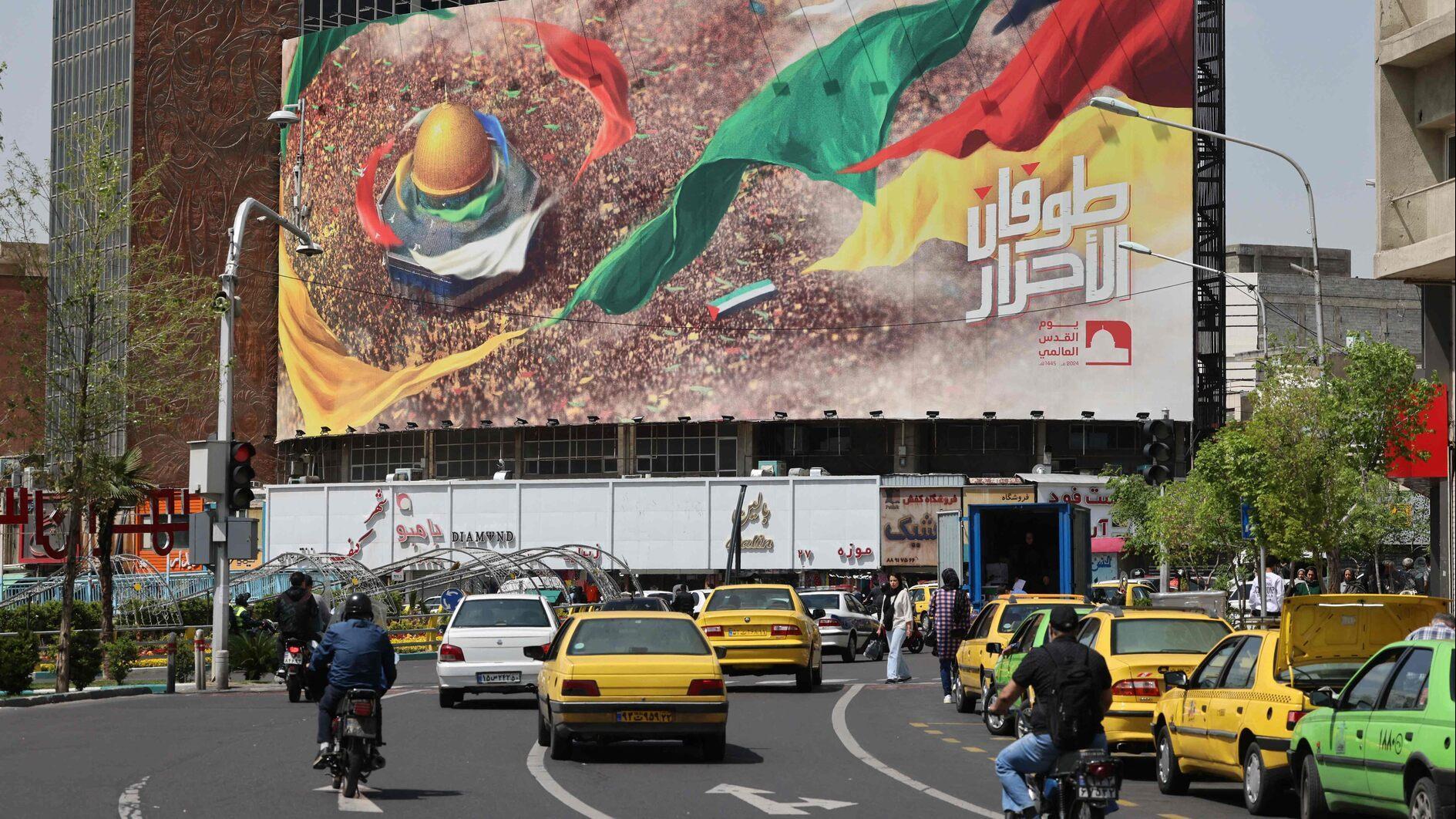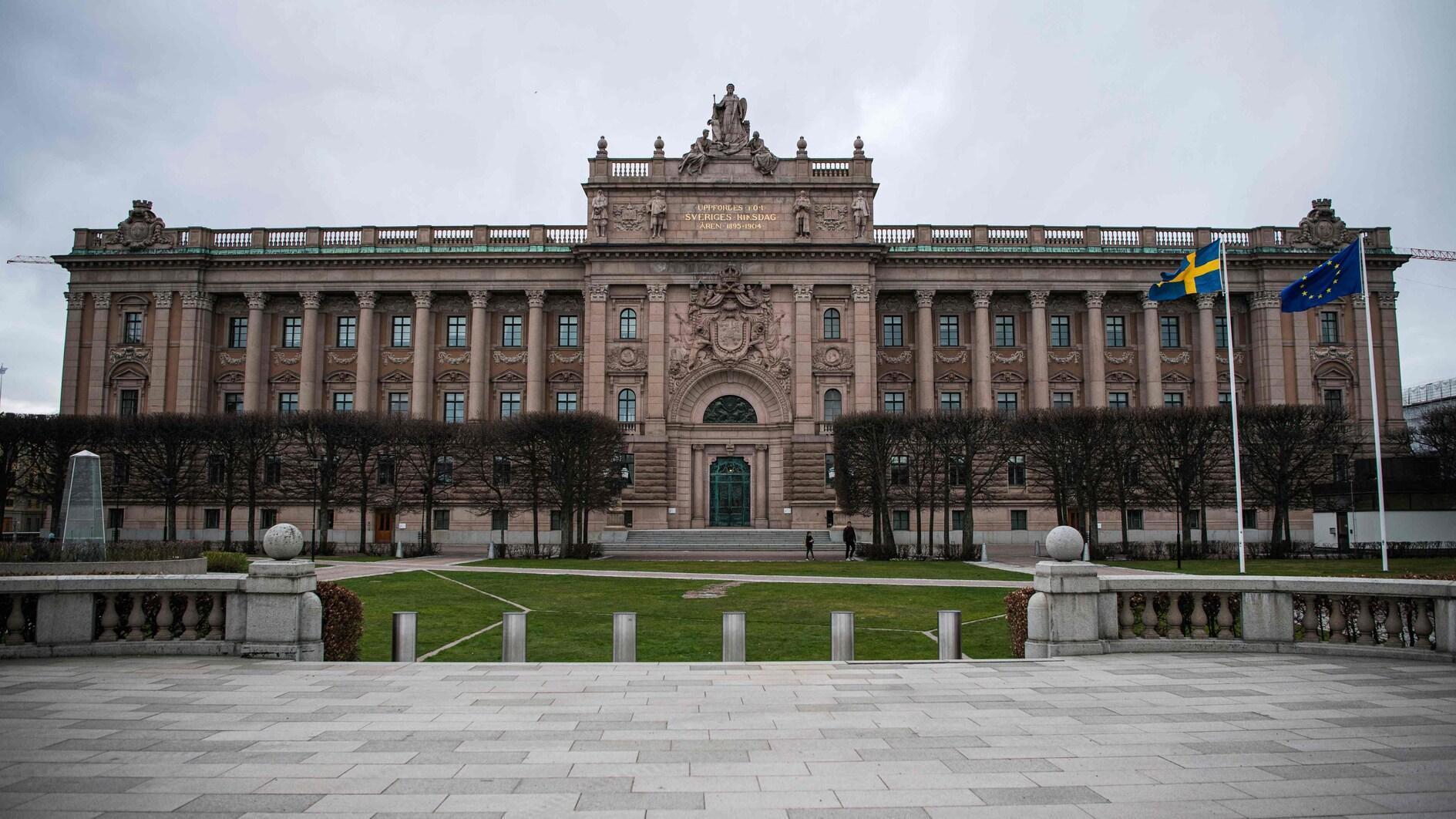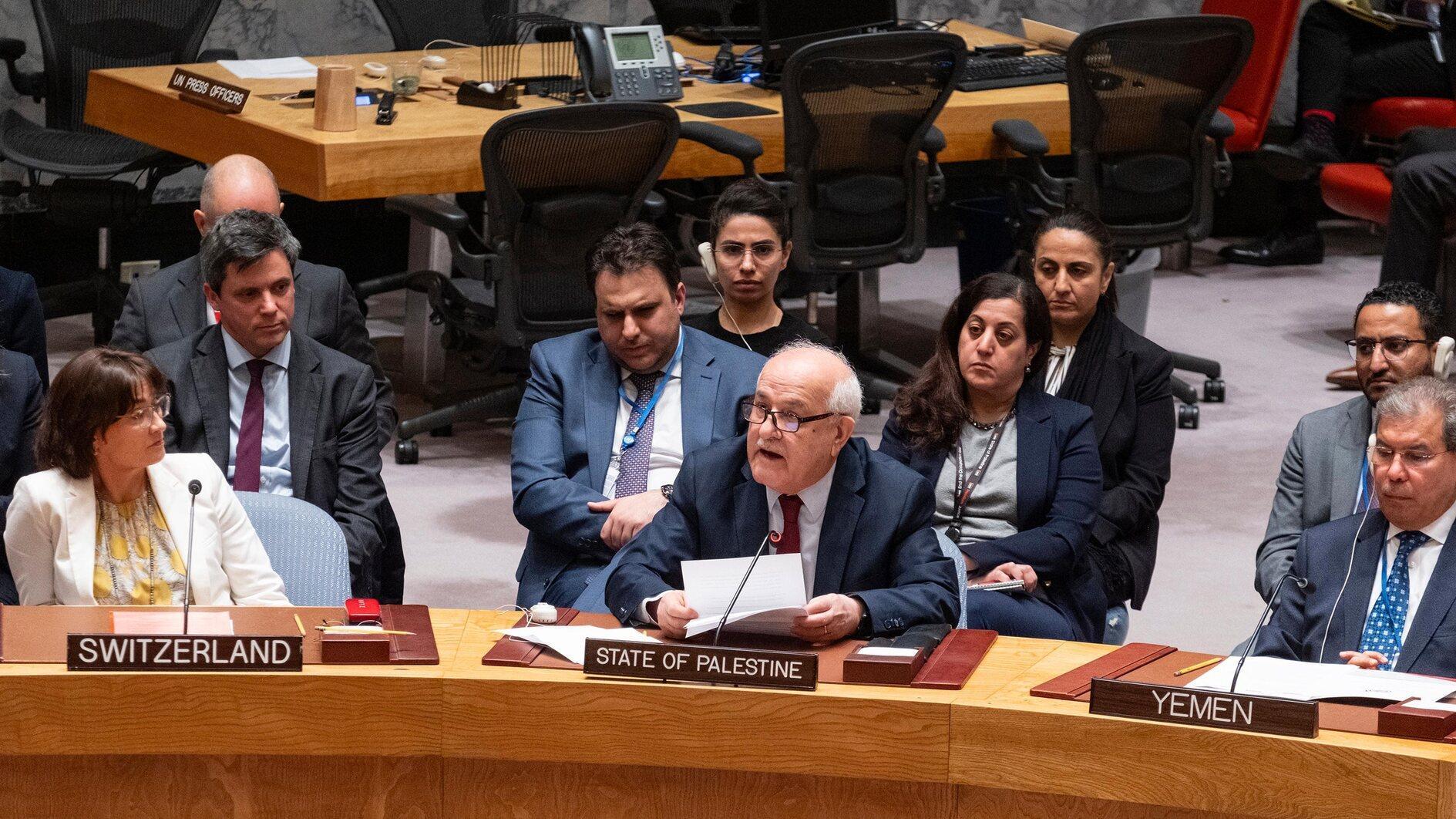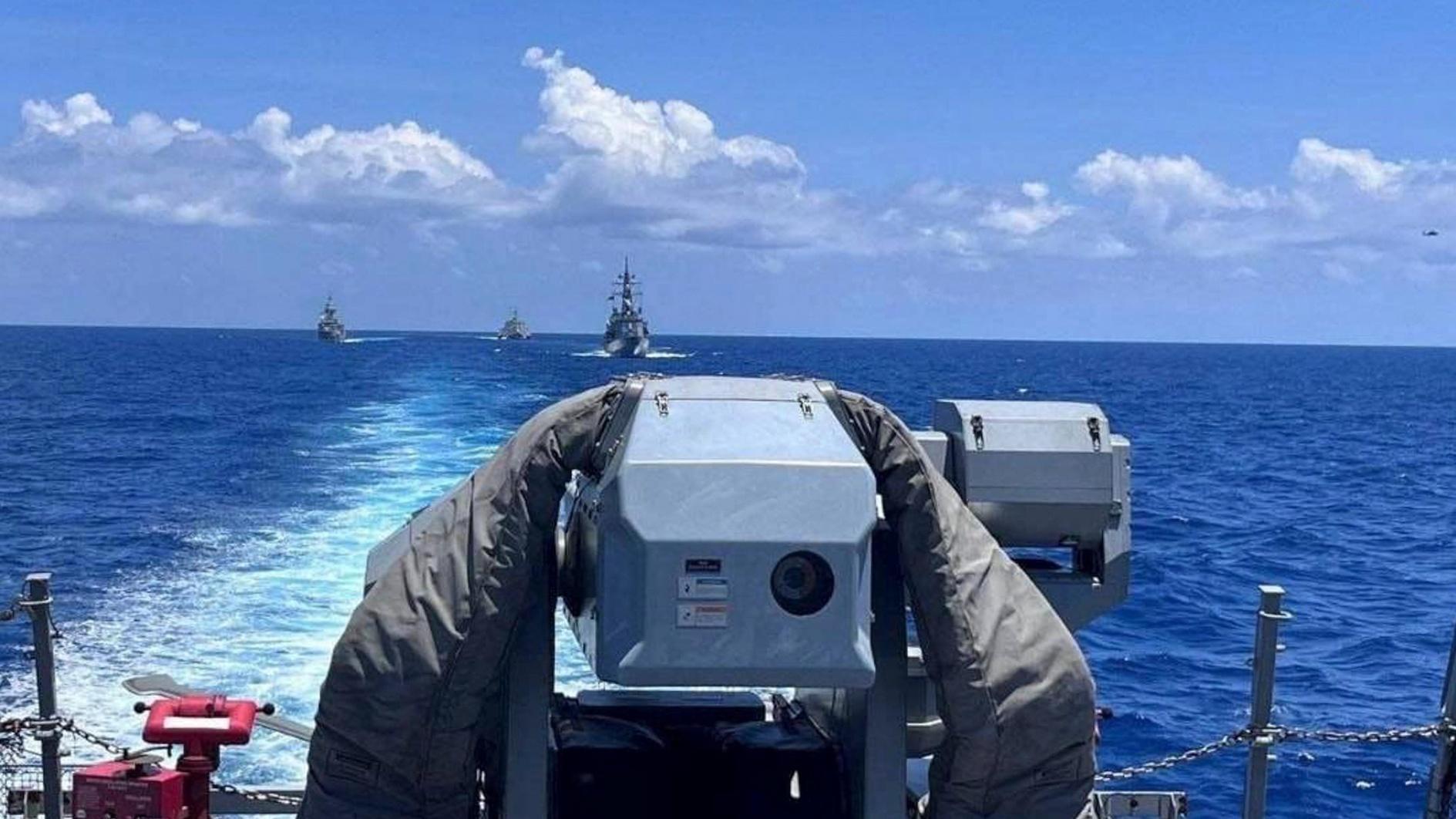International press organizations call for release of jailed journalists in Turkey
ISTANBUL
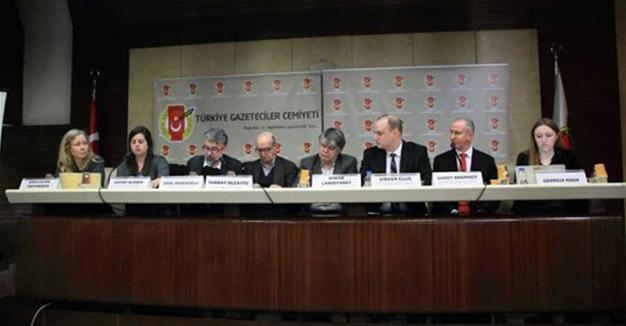 International press organizations have called for the release of jailed journalists in Turkey in a meeting they held at the Turkish Journalists’ Association’s (TGC) headquarters in Istanbul’s Çağlayan district.
International press organizations have called for the release of jailed journalists in Turkey in a meeting they held at the Turkish Journalists’ Association’s (TGC) headquarters in Istanbul’s Çağlayan district. TGC, the International Press Institute (IPI), Article 19, Swedish PEN, Reporters Without Borders (RSF) and Association of European Journalists (AEJ) joined the meeting, as well as a number of journalists.
The organizations have called for the release of jailed journalists “without any condition.”
TGC head Turgay Olcayto, at the meeting, said journalists have been struggling since the foundation of the Turkish Republic, but “there was not any distressful era like this one,” noting that a total of 145 journalists were currently in prison in Turkey.
“Among them, there are those who have only engaged in journalistic activities. We want to visit them as a trade body. We’ve never had the opportunity to visit any of our friends until now,” Olcayto said, adding that “the opportunity is not given to them.”
“Journalists and televisions are under massive pressure and the people do not have the right to getting information. Despite this fact, the journalists consisting of youth in Turkey continue their works in difficulty and try to do their best even though they become unemployed. We are not losing our hope,” he said.
Steven Ellis, who coordinates IPI’s advocacy and communication activities, said they joined the meeting “as the press organizations that are concerned about the future of freedom of expression in Turkey.”
“The journalists are kept in jail in a completely unlawful way. It’s an unacceptable situation for a country that is expected to respect all democratic processes. Bringing media freedom under pressure will not be limited to that profession only. Those who don’t respect human rights and democratic values cannot be partners that you can jointly act,” he said, while IPI’s Sandy Bremmer noted that “it’s unacceptable for the government to bring the society and the journalists under pressure.”
Bremmer also mentioned journalist Kadri Gürsel, who has been in jail for 116 days, saying that Gürsel was “loyal to the basic principles of journalism.”
“I’ve had a chance to meet Kadri Gürsel before. I’ve known him as a person who is loyal to the basic principles of journalism. That loyalty was one of his traits that affected me. No journalist can be subjected to illegitimate treatment because of the work they do. The duty that awaits the international society is to react. It’s their duty to stand against unlawful treatment. We are here to bring light to the prices the journalists pay. Those in jail only ask for one thing; they want journalism to be carried out freely,” she added.
“The charges which are far from solid evidence harm the trustworthiness of judiciary,” said Georgia Nash from Article 19.
“According to the government, the journalists are terrorists, but they only show their articles as evidence. We demand the release of journalists without any conditions,” he said.
Also speaking at the event, AEJ head Otmar Lahodynsky said Europe “has been silent on the events that are unfolding in Turkey,” adding that the arrest of Die Welt’s correspondent Deniz Yücel is a move to “tease international journalists.”
“The state of emergency cannot be put as a reason for violation of international agreements,” he said, referring to the state of emergency declared in Turkey after the July 2016 failed coup attempt.


